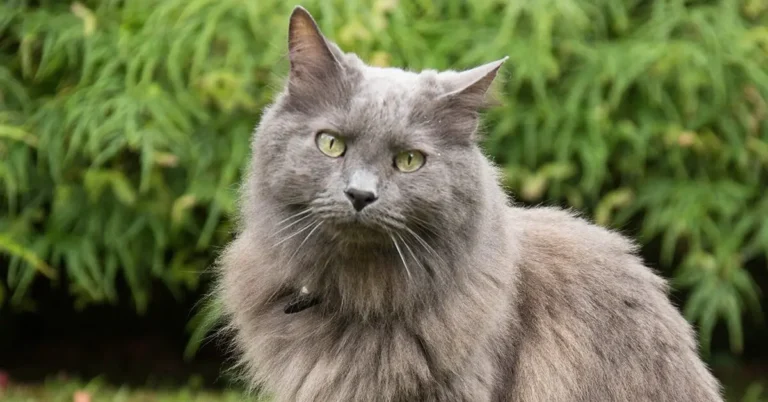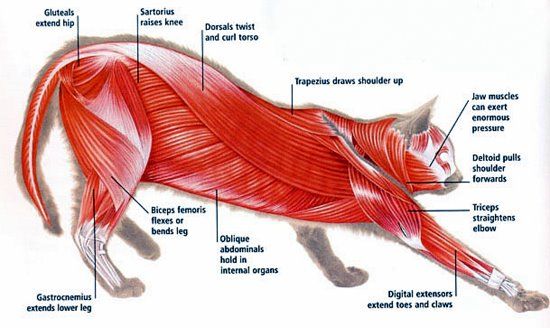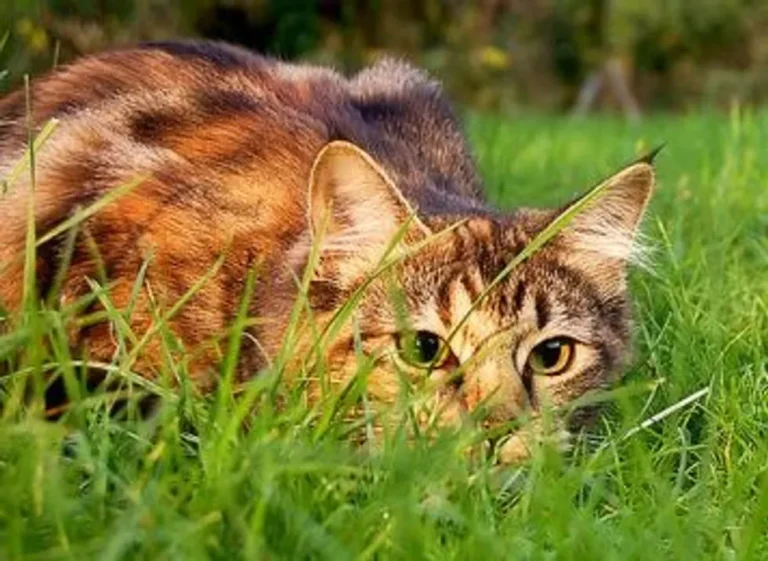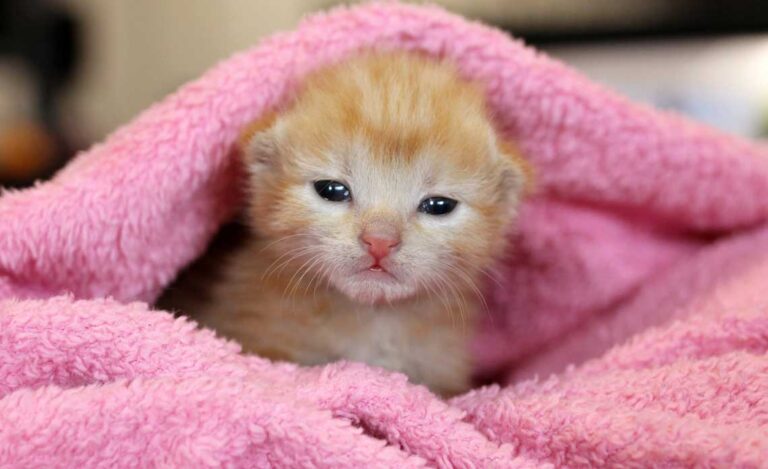Preventing cat health issues
Recognizing Common Cat Health Problems
Cats, like any other living beings, can experience health problems from time to time. It is important for cat owners to be aware of these common issues in order to provide prompt and appropriate care for their feline companions. One of the most prevalent health problems in cats is urinary tract disease. This condition can cause discomfort and pain for cats, leading to symptoms such as frequent urination, blood in the urine, and difficulty urinating. Another common health issue in cats is dental disease. Poor oral hygiene can result in gum inflammation, tooth decay, and bad breath. It is crucial for cat owners to monitor their furry friends for any signs of dental problems, such as difficulty eating or pawing at the mouth. By being vigilant and attentive to these common health problems, cat owners can ensure that their beloved pets receive the necessary care and treatment to maintain their well-being.
Importance of a Balanced Diet for Cats
Your cat’s overall health and well-being is greatly influenced by its diet. Providing a balanced diet is essential for ensuring that your feline friend receives all the necessary nutrients it needs to thrive. Just like humans, cats require a combination of proteins, carbohydrates, fats, vitamins, and minerals to maintain optimal health.
Protein is a crucial component of your cat’s diet as it assists in building and repairing tissues, supporting immune function, and promoting healthy skin and coat. Good sources of protein for cats include meat, poultry, and fish. It is important to choose high-quality protein sources, as some low-quality pet foods may be lacking in essential amino acids that cats need.
Additionally, carbohydrates in moderation can provide a source of energy for your cat. However, it is essential to choose complex carbohydrates, such as those found in whole grains and vegetables, rather than simple carbohydrates like sugars. Cats have limited ability to metabolize carbohydrates, so it is important not to exceed their dietary requirements.
A balanced diet for your cat should also include appropriate amounts of fats. Fats are necessary for the absorption of fat-soluble vitamins, insulation, and the production of essential hormones. Healthy fats can be found in fish oils and animal fats. However, it’s crucial to avoid excessive fat intake, as it can lead to obesity, which can have detrimental effects on your cat’s overall health.
In conclusion, providing a balanced diet for your cat is vital for maintaining its overall health and well-being. By ensuring they receive the right combination of proteins, carbohydrates, fats, vitamins, and minerals, you are laying the foundation for a long and healthy life. Remember to consult with your veterinarian to identify the specific dietary needs of your cat based on its age, size, and any underlying health conditions.
The Role of Regular Veterinary Check-ups
Regular veterinary check-ups are essential for ensuring the overall health and well-being of your feline companion. These check-ups provide an opportunity for your veterinarian to assess your cat’s health status, identify any potential problems, and provide necessary preventive care. During these visits, your veterinarian will perform a thorough physical examination, which includes checking your cat’s vital signs, examining their eyes, ears, and mouth, and palpating their abdomen.
In addition to the physical examination, your veterinarian may also recommend specific diagnostic tests to further evaluate your cat’s health. These tests may include blood work, urine analysis, and imaging studies such as X-rays or ultrasounds. These tests can help detect underlying health issues that may not be apparent during the physical examination alone. Regular veterinary check-ups also provide an opportunity for you to discuss any concerns or questions you may have regarding your cat’s health, behavior, or nutrition.
By scheduling regular veterinary check-ups for your cat, you are taking an active role in their overall health and well-being. These check-ups not only help prevent and detect potential health problems early on, but they also allow for timely intervention and treatment. Remember, prevention is key when it comes to your cat’s health, and regular veterinary check-ups play a vital role in ensuring a long, happy, and healthy life for your furry friend.
Maintaining a Clean and Safe Environment for Cats
Cats are highly efficient self-cleaners, spending a significant portion of their day grooming themselves. While this helps to keep their coats clean, it does not necessarily mean that their environment is equally clean. As responsible cat owners, it is our duty to provide a clean and safe environment for our feline companions.
Regularly cleaning your cat’s litter box is crucial for maintaining a clean living space. Cats are naturally clean animals, and a dirty litter box can lead to stress and discomfort. Make sure to scoop the litter box daily and replace the litter at least once a week. Additionally, thoroughly clean the litter box with mild soap or vinegar on a regular basis to prevent the buildup of bacteria and odor. Furthermore, it’s essential to keep the surrounding area around the litter box clean by removing any spilled litter or waste promptly.
In addition to the litter box, it is important to regularly clean and disinfect cat bedding, toys, and feeding bowls. Cats are susceptible to certain respiratory and skin conditions, and a clean environment can help minimize potential health risks. Wash bedding regularly and ensure that toys and feeding bowls are cleaned with warm, soapy water. Pay attention to the materials of the toys and bedding to ensure they are safe for your cat and can withstand regular cleaning.
Furthermore, it is crucial to create a safe environment for your cat by eliminating any potential hazards. Keep household cleaning products, medications, and toxic plants out of your cat’s reach, as these can be harmful if ingested. Secure any loose wires or cords to prevent accidental injuries or chewing. Regularly check for small objects on the floor that your cat could swallow and avoid using toxic chemicals or strong perfumes in the vicinity of your cat.
By maintaining a clean and safe environment for your cat, you are not only ensuring their overall well-being but also promoting a healthy and happy life for your beloved feline companion.
Promoting Healthy Weight Management in Cats
Promoting a healthy weight in our feline friends is of utmost importance. Just like humans, cats can suffer from weight-related health issues such as diabetes, heart disease, and joint problems. Therefore, it becomes essential for cat owners to monitor their pet’s weight and take necessary steps to maintain a healthy level.
One effective way to manage your cat’s weight is by carefully controlling their food intake. Overfeeding can lead to obesity, so it’s important to measure their portion sizes and avoid leaving food out all day. Additionally, you can consider switching to a balanced, high-quality diet specifically formulated for weight management. These diets provide lower calorie content while still offering the necessary nutrients for your cat’s overall health. As always, it’s best to consult with your veterinarian for guidance on the appropriate diet for your cat’s unique needs.
The Significance of Regular Exercise for Cats
Regular exercise is crucial for the overall health and well-being of cats. Just like humans, cats need physical activity to maintain a healthy weight, build muscle strength, and keep their energy levels in check. Exercise helps to prevent obesity, which can lead to various health problems such as diabetes, heart disease, and joint issues. By engaging in regular exercise, cats can also release pent-up energy and reduce stress, leading to a happier and more contented life.
There are various ways to ensure that your cat gets the exercise they need. Interactive toys and puzzle feeders can stimulate their natural hunting instincts and encourage them to move around. Provide scratching posts and climbing structures to promote physical activity and provide mental stimulation. Additionally, playtime with toys like balls or feather wands can get your cat moving and keep them engaged. However, it is important to note that each cat is unique, and their exercise needs may vary. It is always advisable to consult with your veterinarian to determine the appropriate exercise routine for your furry friend.
Preventing Dental Issues in Cats
Just like humans, cats can also experience dental issues that can cause pain and discomfort. Preventing dental problems in cats is crucial for their overall health and well-being. While cats may not be prone to cavities like humans, they are susceptible to other dental ailments such as gum disease, tooth decay, and oral infections.
One of the most effective ways to prevent dental issues in cats is through regular dental care. This includes brushing your cat’s teeth daily with a specially designed cat toothbrush and toothpaste. Although it may seem challenging at first, introducing this habit early on can make it easier for both you and your cat. In addition to brushing, providing dental treats, toys, or food that promotes dental health can also help keep your cat’s teeth clean. By incorporating these dental care practices into your cat’s routine, you can significantly reduce the risk of dental problems and ensure their oral health remains optimal.
Understanding the Importance of Vaccinations
Vaccinations play a crucial role in maintaining optimal health for our feline companions. They are an essential preventive measure against various diseases that can greatly impact a cat’s quality of life. By providing cats with the necessary vaccinations, we are fortifying their immune system and reducing the risk of serious illnesses.
One of the main advantages of vaccinations is their ability to protect against highly contagious diseases. Vaccines such as the FVRCP vaccine safeguard cats against diseases such as rhinotracheitis, calicivirus, and panleukopenia. These diseases can be severe and even fatal, particularly in younger or immunocompromised cats. Vaccinating our cats not only helps to prevent the spread of these diseases within the feline population but also offers individual protection for our beloved pets.
What are some common health problems that cats can experience?
Some common health problems that cats can experience include respiratory infections, urinary tract infections, digestive issues, and skin allergies.
How does a balanced diet benefit cats?
A balanced diet provides cats with the necessary nutrients for optimal health and can help prevent various health problems. It supports their immune system, promotes healthy digestion, and helps maintain a healthy weight.
How often should I take my cat for veterinary check-ups?
It is recommended to take your cat for regular veterinary check-ups at least once a year. This allows the vet to monitor your cat’s health, detect any potential issues early on, and provide necessary vaccinations.
How can I create a clean and safe environment for my cat?
To create a clean and safe environment for your cat, regularly clean and disinfect their litter box, keep their living area free from hazardous substances, provide fresh water, and maintain a clean and comfortable sleeping area.
How can I manage my cat’s weight effectively?
To manage your cat’s weight effectively, provide a balanced diet, control portion sizes, discourage overeating, and engage them in regular exercise. Consult with your veterinarian for specific dietary recommendations and weight management strategies.
Why is regular exercise important for cats?
Regular exercise helps maintain a healthy weight for cats, prevents obesity-related health problems, improves muscle tone and flexibility, and promotes mental stimulation. It also helps prevent behavioral issues caused by pent-up energy.
How can I prevent dental issues in my cat?
To prevent dental issues in your cat, provide proper dental care, such as regular tooth brushing with cat-specific toothpaste, offering dental treats, and providing chew toys. Regular veterinary dental cleanings may also be necessary.
Why are vaccinations important for cats?
Vaccinations are important for cats as they help prevent various infectious diseases, some of which can be life-threatening. Vaccinations protect cats from illnesses like rabies, feline distemper, feline leukemia, and respiratory infections.







